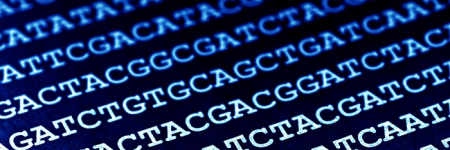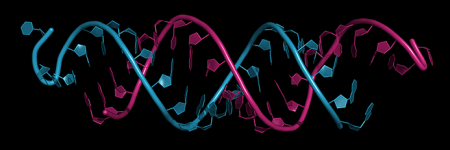
Genomics and acute myeloid leukaemia
Aggressive and complex, AML often proves a challenge for clinicians, but genomic analysis is helping in the search for targeted treatments

Genomics, the land, and the promise of new drugs
Despite its proven value, scientists and researchers are yet to harness the full medical potential of the soil. Is genomics the key?

Birth of world’s first gene-edited babies sparks outcry
Why is the procedure so controversial, what are the risks, and could it ever happen in the UK? We take a look at the key issues

Unlocking the secrets of the genome
It was once believed that 99% of our genome was made up of ‘junk’ DNA with no purpose. Recent discoveries suggest this is far from the truth

Polygenic risk scores: how useful are they?
Being able to predict an individual’s risk of common conditions is regarded by many as the holy grail. So, where are we now?

Tuberculosis: genome sequencing and new treatment
TB cases are falling worldwide, but with hard-to-treat strains more prevalent than ever, how can genomics help? And what’s new on the treatment horizon?

Your invaluable genome
Genomic data is the currency of a new era of medicine that promises incredible advances. Here, bioinformatician Nana Mensah explains why

First RNA-based therapy approved in US and Europe
Gene-silencing technique works without altering the person’s DNA, and prevents harmful proteins from being made in their cells

Sequencing the enemy: the genomics of infectious diseases
It’s not just human genomes that interest us in healthcare – the genomes of infective organisms can help us identify, track and prevent infection

New liquid biopsy can detect eight common cancers
Blood test could ‘change the way we screen for cancer’, though more research is needed to ensure its efficacy in a real-world screening context

Cancer immunotherapy: predicting outcomes
Today's monoclonal antibody treatments benefit some patients but can be harmful to others; the search for reliable predictive biomarkers is on

Earlobe genetics pierces the monogenic myth
Your earlobe shape was thought to be controlled by a single gene – until genome sequencing revealed otherwise. What other misconceptions will be uncovered?


